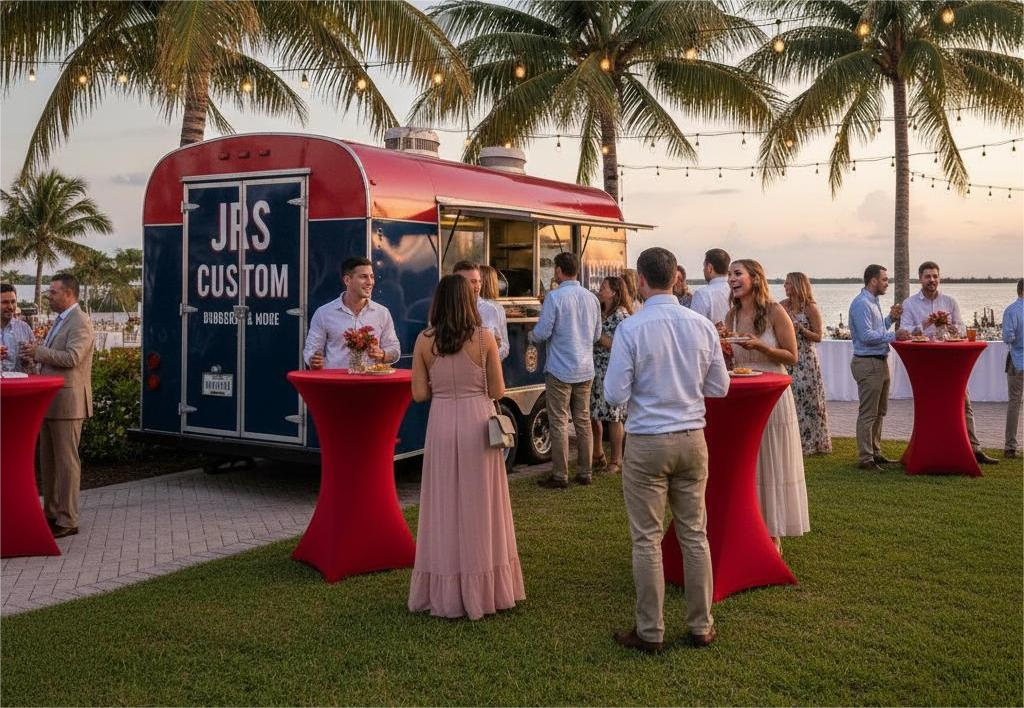
Florida’s year-round events, weddings, and corporate functions make catering a strong add-on or launch strategy for mobile food businesses. Thanks to record tourism in 2024, demand for on-site food options at venues and outdoor spaces continues to rise, creating steady opportunities for trucks and trailers built to serve at scale.
According to Visit Florida’s 2024 Research FAQ, the state received an estimated 143 million visitors, setting a new record.
This guide explains why Florida is attractive for food truck catering, what licenses and permits you may need, smart menu and operations choices, and how to market to event planners.
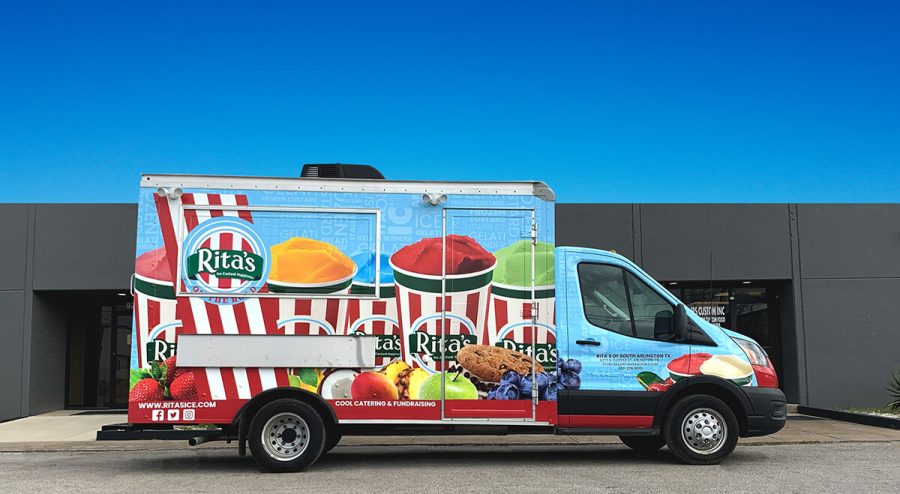
Why Florida Is a Strong Market for Food Truck Catering
Florida’s mix of tourism, outdoor events, and local celebrations makes it one of the busiest states for mobile food businesses.
- Tourism fuels events. Florida’s record visitation means more festivals, corporate gatherings, and weddings needing food vendors.
- Weddings embrace mobile catering. According to The Knot’s 2023 Real Weddings Study, 4% of nearly 10,000 surveyed couples used a food truck at their reception — a growing niche within Florida’s large event market.
Key takeaway: Florida’s constant event calendar creates frequent booking windows for trucks that can move quickly, serve cleanly, and meet venue requirements.
Build Choices That Work for Catering
Catering success depends on throughput, temperature control, and a layout that supports plating or speed service.
- Right-size the line. Plan for separate hot and cold stations, a pass for plated service, and enough refrigeration to pre-stage menu components.
- Power and plumbing. The Florida Department of Business and Professional Regulation (DBPR) requires every mobile food dispensing vehicle to include a three-compartment sink, hand sink, and proper hot and cold holding equipment.
- Self-sufficiency vs. commissary. Florida allows fully self-sufficient mobile units. If your setup is not self-sufficient, you must operate from a licensed commissary as outlined in the DBPR commissary guidance.
If you’re designing a truck for high-volume catering, explore JRS custom food trucks or trailers built for catering operations. Our builds focus on efficient layouts, safe workflow, and full compliance with Florida health codes.
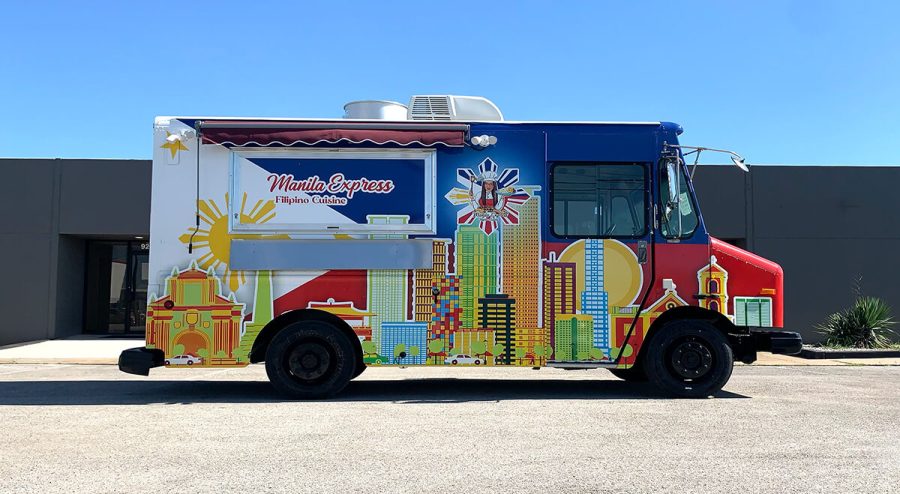
Florida Licensing and Permits: What to Expect
Florida regulates food trucks and mobile food dispensing vehicles through the DBPR’s Division of Hotels and Restaurants. Understanding these requirements early can prevent delays when applying for your license.
- State-level license: All food trucks must obtain a Mobile Food Dispensing Vehicle license through DBPR.
- Plan review: Before licensing, DBPR conducts a plan review to ensure your truck meets sanitation, plumbing, and equipment standards.
- Commissary use: If your unit is not self-sufficient, you must operate from a commissary that provides facilities for food prep, cleaning, and waste disposal.
- Temporary events: Vendors operating at fairs, festivals, and private events must also comply with temporary food service event requirements.
Food Truck Menu Ideas for Catering
When it comes to catering, menus should balance creativity with practicality. For weddings, you might serve elegant small plates, while corporate clients often prefer quick-service meals.
Some proven food truck menu ideas include:
- Build-your-own taco bars (perfect if you’re using a taco truck for sale)
- Burger sliders with customizable toppings
- Vegan or gluten-free options for health-conscious clients
- Dessert trucks offering ice cream sandwiches or churros
Not sure where to start? Explore food truck menu examples and adapt them to your brand. JRS Custom Food Trailers can help design your custom food truck or food trailer kitchen around your menu to maximize output.
Local Examples to Keep in Mind
- Miami-Dade: Mobile operations require a Certificate of Use and are restricted by zoning and operating hours. Details are outlined by Miami-Dade County’s mobile operations guide.
- City of Miami: Special events need a city permit with supporting documentation and lead time for approval.
Key takeaway: Start with your DBPR license, then confirm local city or county rules for vending and event participation. Build enough lead time into your quotes to confirm venue requirements.
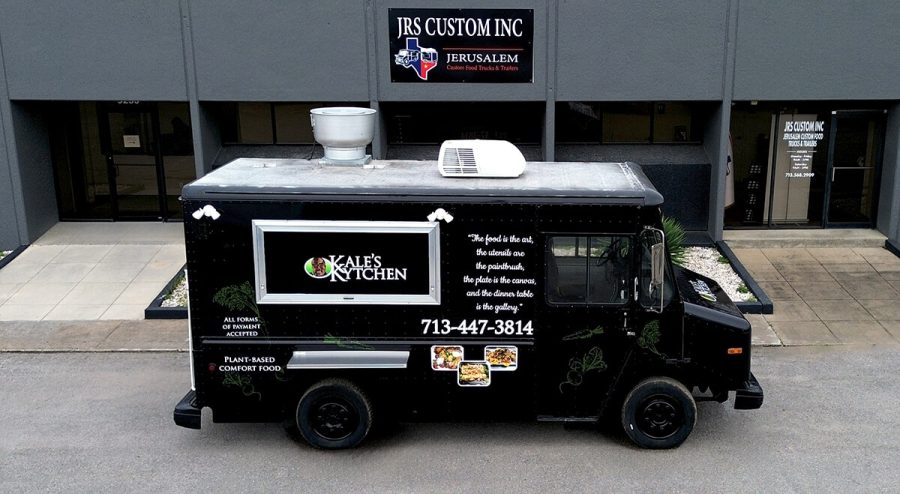
Menu and Service Models That Work at Events
Catering menus should be designed for speed, consistency, and food safety. The best performing setups use limited menus that hold well and appeal to larger groups.
- Action stations or bars: Build-your-own tacos, sliders, or fry bars move guests faster than made-to-order entrées.
- Inclusive choices: Always include at least one vegetarian or gluten-sensitive option to accommodate guests.
- Dessert finishers: Compact desserts like churros or ice cream sandwiches maintain speed and portion control.
If you want a layout designed around your menu and service model, our team can help you plan equipment and workflow on your custom-built trailer or truck.
Pricing, Deposits, and Operations
Event pricing should account for prep time, staffing, and setup logistics.
- Quote based on headcount, distance, and service window.
- Add charges for generators, extended service hours, and compliance requirements.
- Require deposits and written cancellation policies.
- Use checklists for sanitation, backup fuel, and serving materials.
Key takeaway: Simple, clearly defined packages make it easier to close bookings and protect profit margins.
Marketing Your Catering Services in Florida
To build your catering calendar, pair online visibility with relationships in your local event network.
- Show social proof. Share event photos, videos, and client testimonials on social media and Google Business Profile.
- Optimize for local searches. Create landing pages targeting phrases like “food truck catering in Orlando” or “Miami food truck for events.”
- Partner with venues. Provide menus, proof of insurance, and service details to local venue managers.
- Leverage data. Florida’s record visitor numbers show steady event demand—use that trend in your marketing to planners and corporate clients.
Common Mistakes to Avoid
- Buying a generic build that slows service. If your truck layout can’t support prep, holding, and plating at once, lines will stall and guests will notice.
- Skipping compliance research. Rules differ by city and county, so always verify local requirements before committing to an event site.
- Undersizing cold storage. Florida’s MFDV standards require appropriate refrigeration and holding equipment to maintain safe food temperatures.
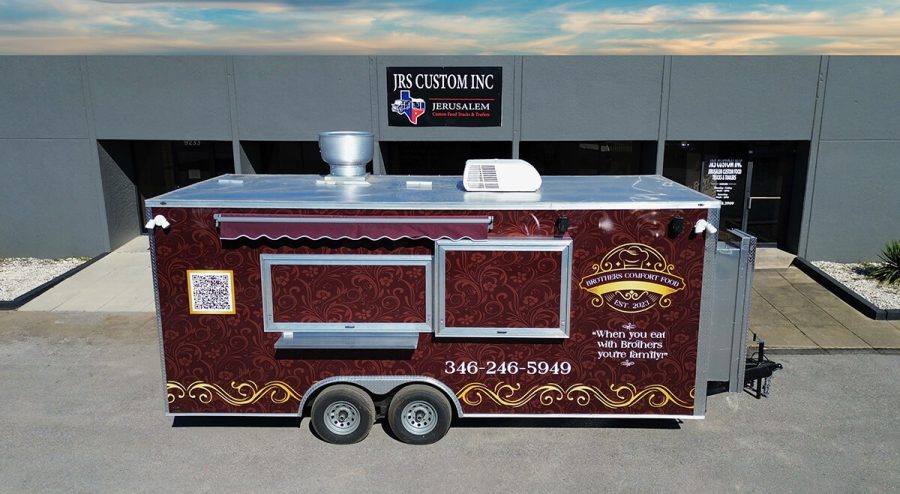
How JRS Custom Helps Florida Operators
- Florida-ready builds. We design to meet DBPR’s mobile food dispensing vehicle standards and can build fully self-sufficient units.
- Menu-first layouts. Our design team tailors each build to your service flow and menu concept. Explore our food truck builds or food trailers.
- Florida resources. Visit our Florida service page for regional insights, licensing information, and examples of past builds.
How JRS Custom Helps Florida Operators
If you’re ready to expand into catering or start a new food truck business in Florida, begin with a design that passes inspection and performs under event pressure. Request a quote from JRS Custom Food Trucks & Trailers or browse our custom food trucks to see what’s possible for your concept.
- Locations: Houston, TX & California (serving clients nationwide, including Florida)
- Phone: +1 713-568-2909
- Email: sales@jrscustom.com
- Website: jrscustomfoodtrucks.com
Follow us for inspiration, client success stories, and the latest builds:
- Facebook: facebook.com/JrscustomFoodTrucks
- Instagram: instagram.com/jrscustom5
- YouTube: Jerusalem Custom Food trucks & Trailers
Start your journey with JRS today — your future in food truck catering begins with the right truck.

 Proudly built in America
Proudly built in America